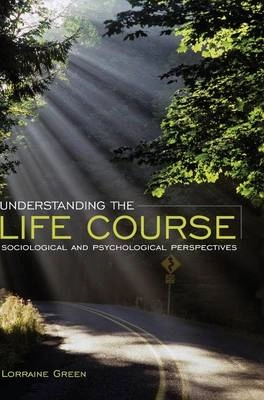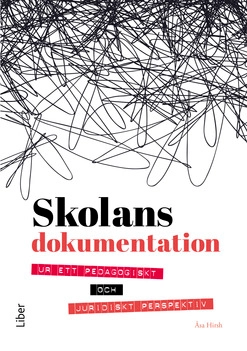Understanding the Life Course provides a uniquely comprehensive guide to understanding the entire life course from an interdisciplinary perspective. Combining the important insights sociology and psychology have to bring to the study of the life course, the book presents the concept's theoretical underpinnings in an accessible style, supported by real-life examples. What do reality TV shows such as Supernanny really tell us about child development? Are teenage rebellions and midlife crises written into our DNA? Does being a grandparent - or even a great-grandparent - equate to being old? This book encourages readers to think about these questions by highlighting the many different ways the life course can be interpreted, including themes of linearity and multi-directionality, continuity and discontinuity, and the interplay between nature and nurture, or genetics and culture. From birth and becoming a parent, to death and grieving for the loss of others, key research studies and theories are introduced, and their contemporary relevance and validity discussed.All stages of the life course are considered in conjunction with issues of social inequality (such as social class, race/ethnicity and gender) and critical examination of lay viewpoints. The book's comprehensive coverage of the life course counters the limitations of working with a certain group or age category in isolation, and its interdisciplinary focus recognizes the centrality of working in and across multi-professional teams and organizations. It will be essential reading for students on vocational programmes in social work, the allied health professions, nursing and education, and will provide thought-provoking insight into the wider contexts of the life course for students of psychology and sociology.
Åtkomstkoder och digitalt tilläggsmaterial garanteras inte med begagnade böcker





















